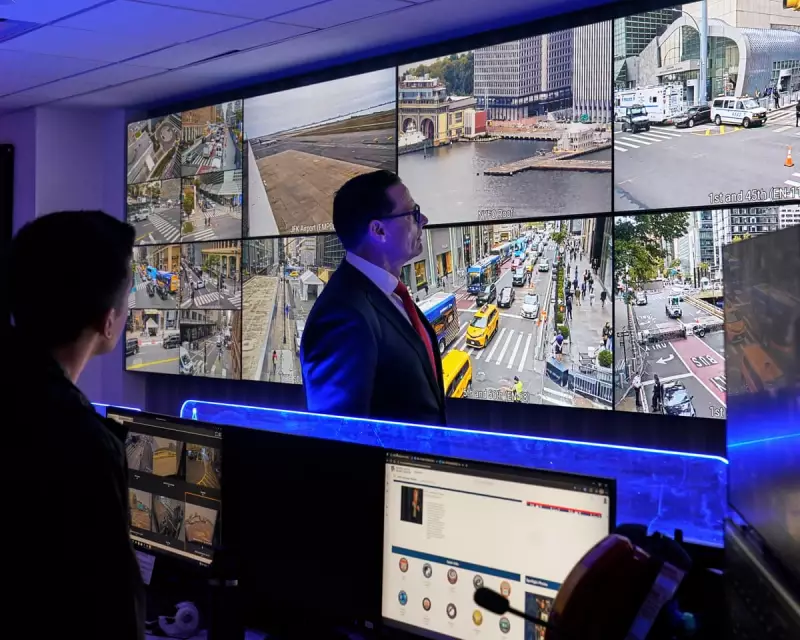
The US Secret Service is facing intense scrutiny and is in a race against time to re-establish its intelligence-gathering capabilities in New York City. This urgent effort comes after the agency allowed a crucial local informant network to disintegrate, creating a potentially dangerous blind spot in one of the world's most high-profile cities.
A Network Left to Lapse
According to internal documents and sources, the Secret Service's New York field office failed to maintain a web of local contacts that had been cultivated over years. This network was essential for gathering real-time, street-level intelligence on potential threats to protected individuals, including the president and visiting foreign dignitaries.
The lapse is particularly alarming given New York's status as a permanent hub for major political and diplomatic events, from United Nations gatherings to presidential visits.
Internal Warnings Ignored
Whistleblowers within the agency have revealed that internal warnings about the decaying network were raised repeatedly but were largely ignored by management. The problem was reportedly flagged as a significant vulnerability that could compromise protective operations.
One source described the situation as a "systemic failure" in the agency's approach to field intelligence, suggesting that bureaucratic inertia and a shift in priorities away from grassroots informant cultivation were to blame.
Scrambling to Fill the Void
In response to the exposure of this intelligence gap, the Secret Service has launched a major initiative to rebuild its local sources. This includes:
- Deploying additional agents to engage with community leaders and local law enforcement.
- Re-evaluating protocols for maintaining long-term informant relationships.
- Implementing new oversight measures to ensure such a collapse cannot happen again.
However, experts caution that trust and effective networks cannot be rebuilt overnight, leaving a period of heightened risk.
Broader Implications for National Security
This incident raises serious questions about the Secret Service's overall preparedness and its ability to adapt to evolving threats. The reliance on local intelligence is a cornerstone of protective security, and its failure in a city like New York suggests potential weaknesses elsewhere.
Congressional oversight committees are now expected to demand a full briefing on the matter, with a formal investigation a strong possibility. The security of the nation's leaders, it seems, may have been compromised by an unforced error within the very agency tasked with their protection.






